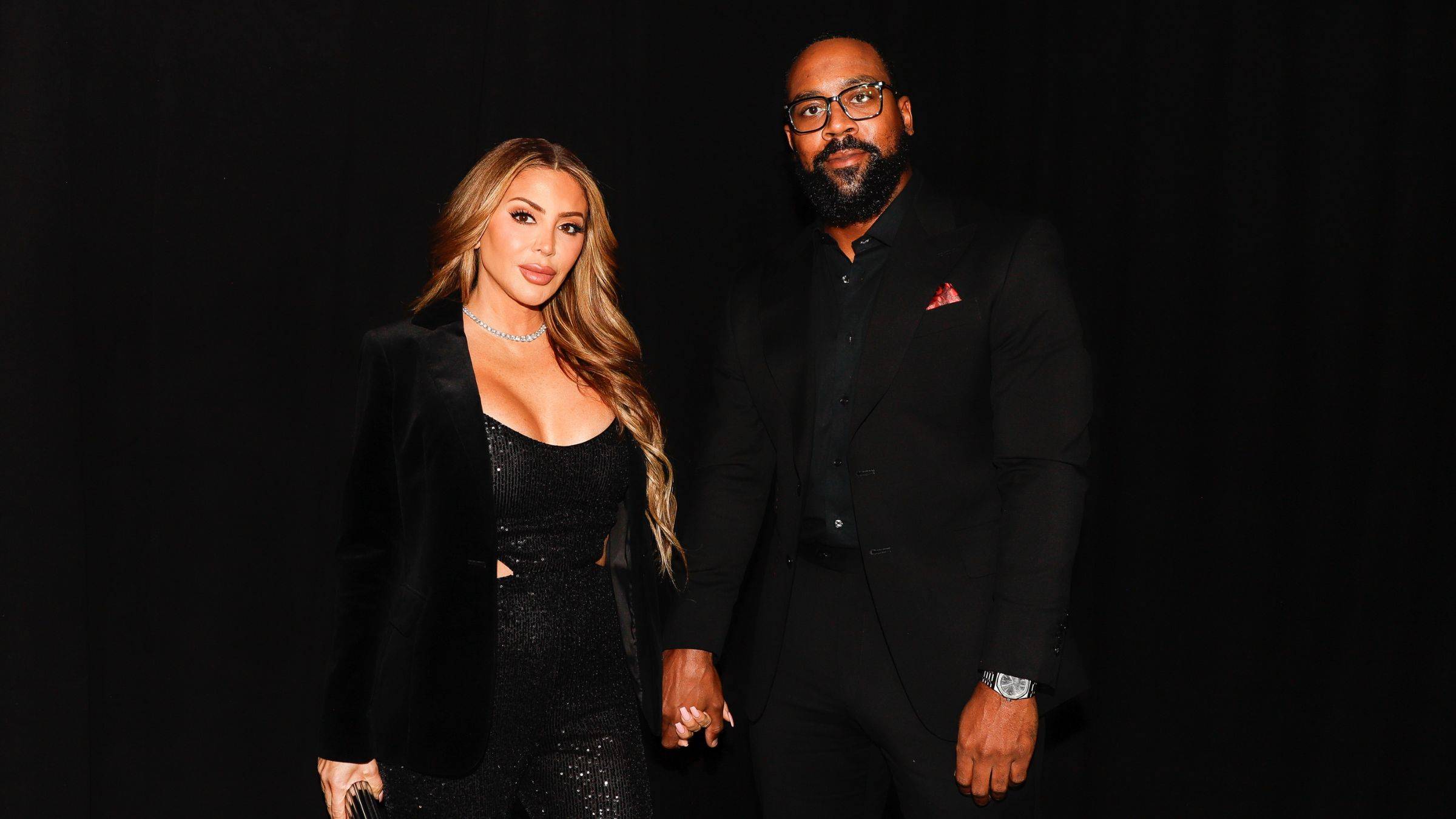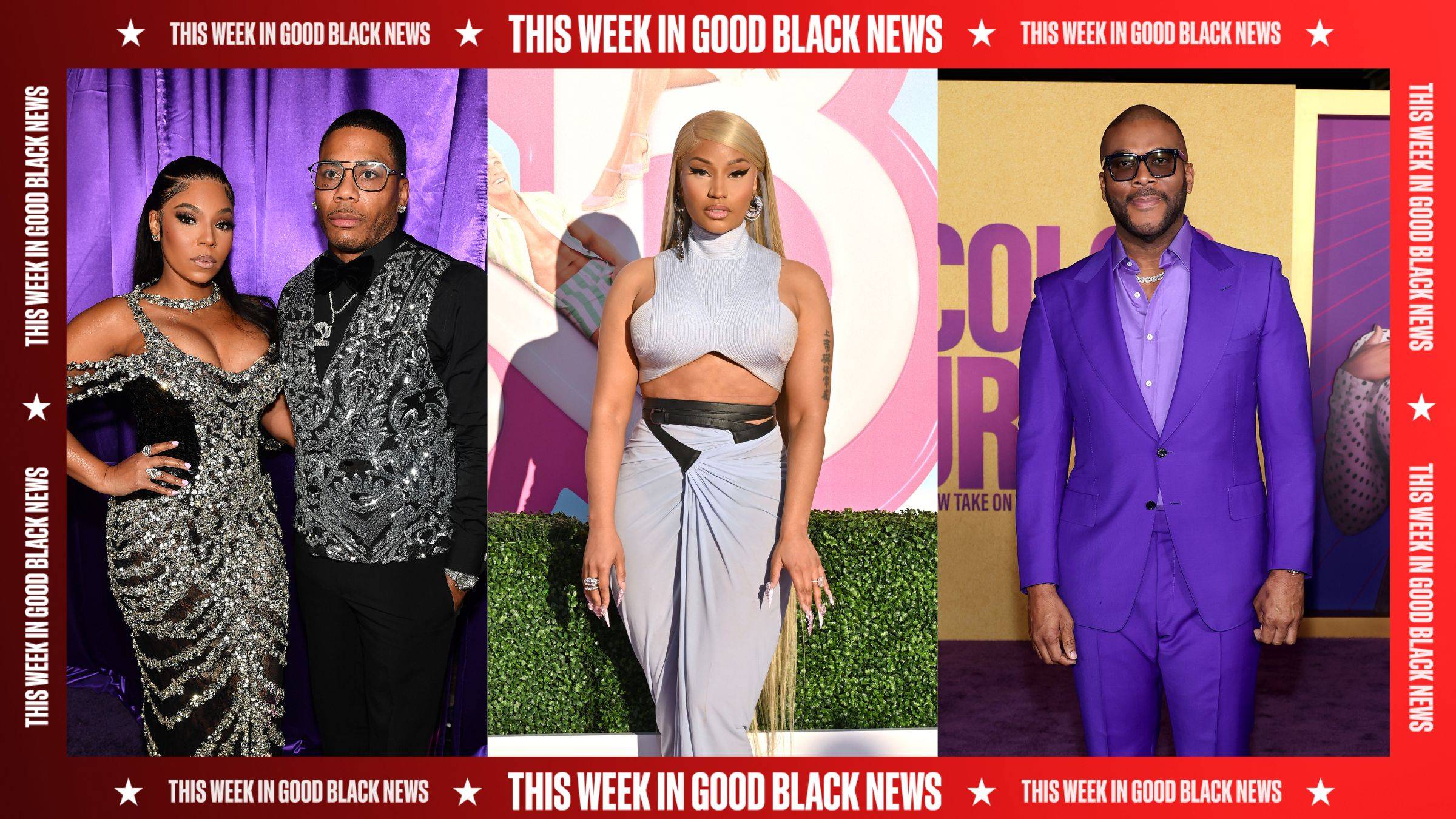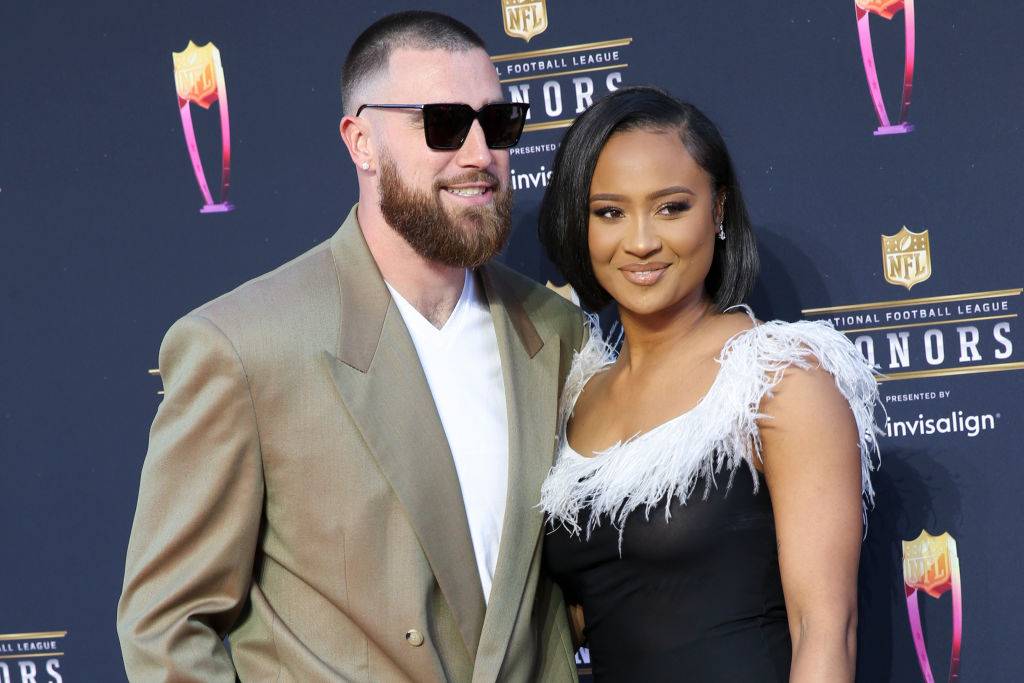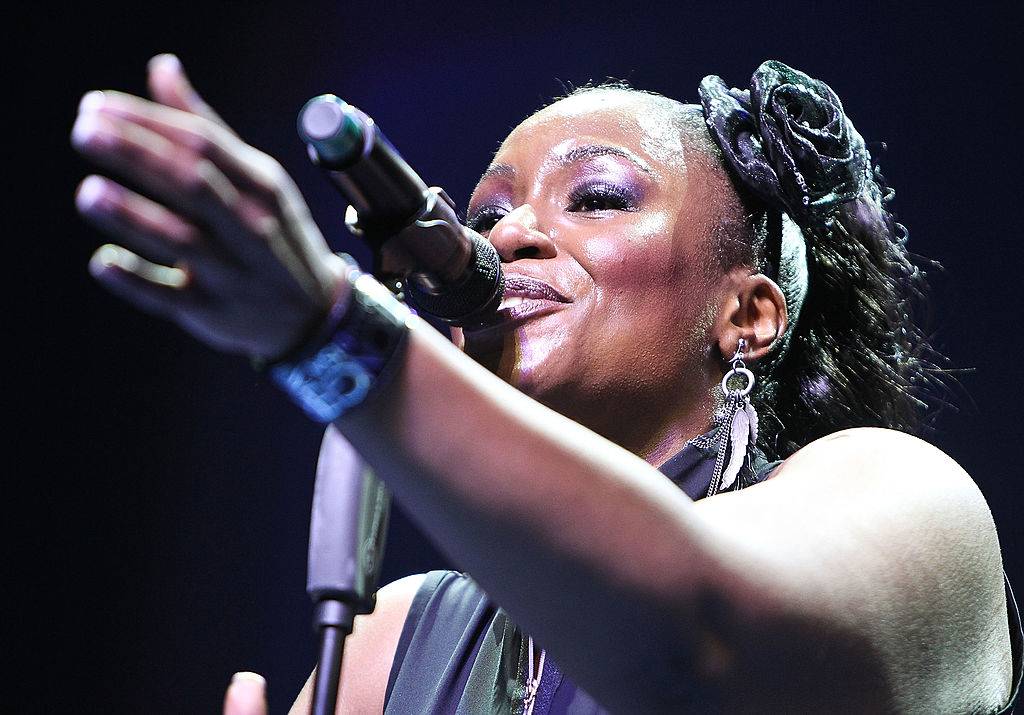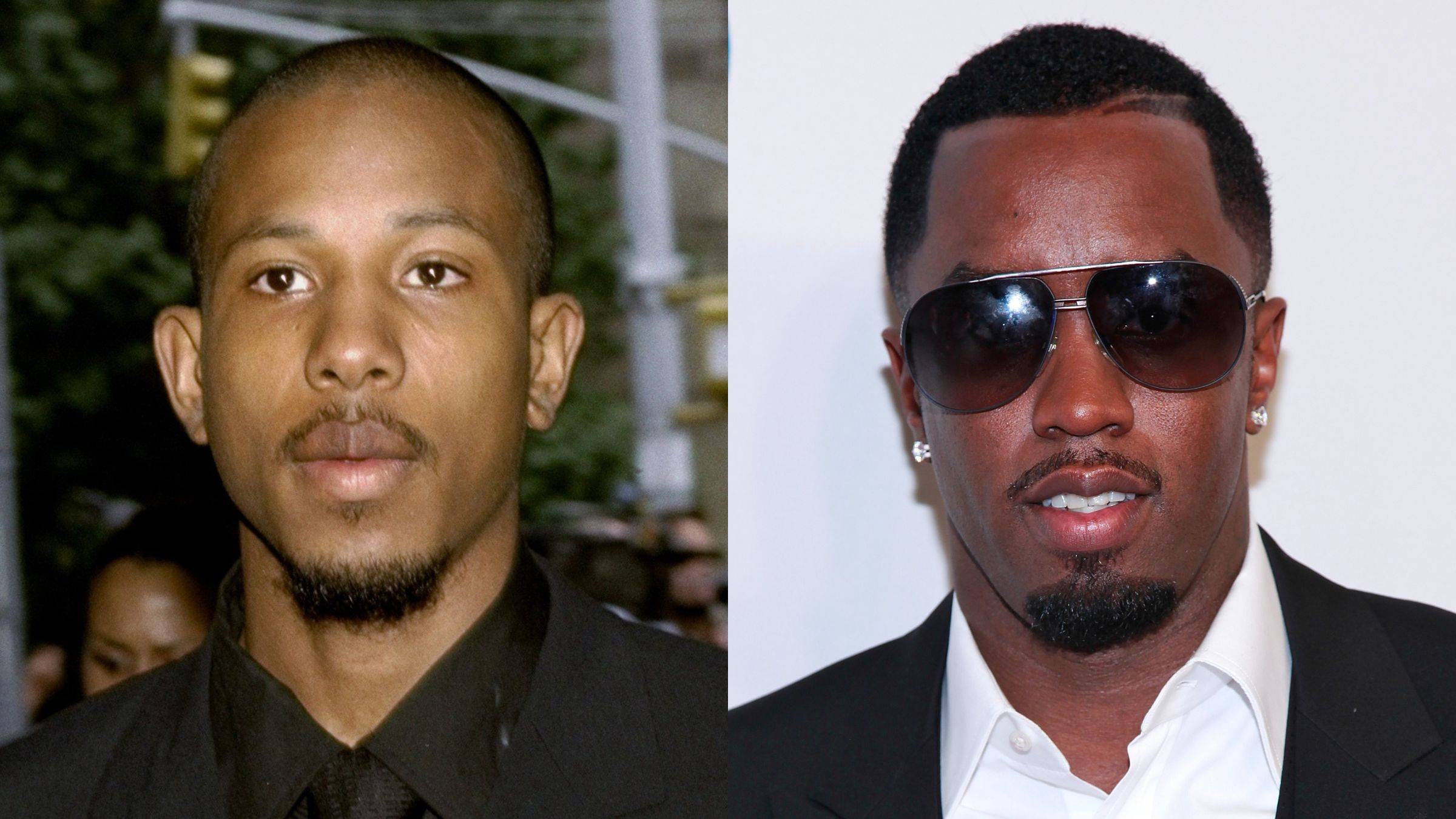Katy Perry, Blackness Is Not a Musical Genre
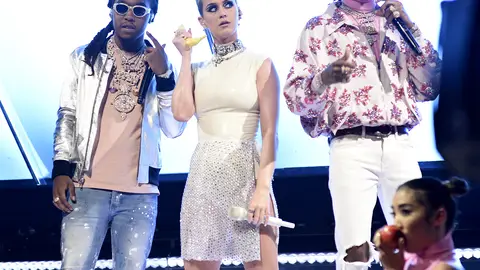
On Saturday Night Live’s May 20 season finale, Katy Perry was struggling to re-discover her voice. While it’s true that pop music is an unforgiving and at times brutal blood sport where acts are routinely forced to evolve their sound and style or risk being thrown in the gray-colored dustbin overflowing with yesterday’s sensations, the California native looked to be in desperate form. Gone was the bubbly, witty and at times self-deprecating brunette who had began her professional career in 2001 as a virginal contemporary Christian music vocalist before hitting peak pop superstar levels.
In her place stood a static individual who was hardly recognizable: Katy Perry had become the latest white pop act looking to reinvent themselves on the back of Black urban culture. It was a peculiar performance for sure. The Nicki Minaj-featuring “Swish Swish,” a heavy nod to ‘90s house music bliss (Minaj, who was not in the building, can be heard on record delivering an answer back to Remy Ma’s damaging diss track “SHEther,” a somewhat muted response that continues the rap queen’s recent penchant for hiding behind her collaborators), was derailed by its starter kit presentation of drag queen club culture as internet guilty pleasure Backpack Kid upstaged Perry.
The struggling performer then followed that up with the sterile “Bon Appetit,” assisted by Atlanta trap music gods Migos (The pixie haired Perry’s laughable attempt at playing hype woman for the “Bad and Boujee” troubadours has now become a meme). All parties looked as though they had better places to be.
By the end of the entire cringe-worthy ordeal, you were left to wonder: What the hell happened to Katy Perry? And why did the good-girl-gone-kinda-bad pop protagonist, who first arrived on the pop music scene in 2008 feel the need to Blacken things up?
Back then it was easy to root for Perry, who made her secular debut with the slyly titled cut “I Kissed a Girl.” The newcomer had found herself at the top of the Billboard charts for seven consecutive weeks with the obscenely catchy, blissful, PG-13-rated ode to bi-curious experimentation. Katy Perry’s breakthrough single was cool ‘80s new wave, a fluffy, eye-winking number and a Trojan horse rocker all at once. “I kissed a girl and I liked it/The taste of her cherry ChapStick,” she coyly cooed. Fun times.
Her 2008 album, One of the Boys — which went on to move 7 million copies worldwide — solidified the rising singer-songwriter as a new breed of pop star. If Lady Gaga (who made her album debut the same year as the “Hot n Cold” talent) was a darker, fun house mirror reflection of Madonna, Perry was a modern day Cyndi Lauper without the muscular pipes. Cool yet dorky; understated yet sexy.
By her third and fourth studio albums (2010’s Teenage Dream and 2013’s Prism), Perry had pretty much settled into her role as the empowering pop heroine who wasn’t above telling a corny knock-knock joke. On radio favorites like “Waking Up in Vegas,” the aforementioned “Teenage Dream,” “Firework,” “Last Friday Night” and “Wide Awake,” she never came off as a pretentious drag begging to be taken seriously as an artist. Yes, she could strum a guitar and proved to be a sneaky good songwriter, but Perry never made a huge deal of it like her rival Taylor Swift, or Justin Bieber for that matter.
But more importantly, when the huggable one collaborated with hip-hop standouts like Snoop Dogg (“California Gurls”), Kanye West (“E.T.”) and Juicy J (“Dark Horse”), it was all done on equal, seamless footing like David Bowie’s mid ‘70s exploration of Philly soul. Watching Perry’s confusing SNL showcase, it was hard to believe that you were witnessing the same woman whose brazenly feel-good music once compelled a bar filled with Black folks to sing along to her anthemic fist pump of a hit “Roar.”
Perry made her majestic entrance on a 16-foot high mechanical lion to kick off of much praised 2015 Super Bowl XLIX halftime show gig. Perhaps the brothers and sisters dug the fact that she seemed like she was comfortable in her own skin: the “cool” white girl who didn’t mind dancing awkwardly with silly costumed sharks, never once swerved out of her lane.
By contrast, the stumbling drum up to Perry’s upcoming fifth album Witness has so far been craven in its attempts to create a spark by injecting some Black girl magic. Button-pushing Twitter standout Richey Collazo’s finger has been on the pulse of the flagrantly disposable way white pop stars have co-opted Black culture over the years. On social media, she astutely points to the connection between the flailing singer and the artist formerly known as Hannah Montana, who is still being deservedly dragged for publicly dismissing her past culture vulture exploitation of hip-hop as if it were a plastic fork.
“Me: Miley Cyrus needs to chill,” Collazo glibly posted. “Y’all: That's not Miley that's Katy Perry.”
It’s a sobering punchline.
